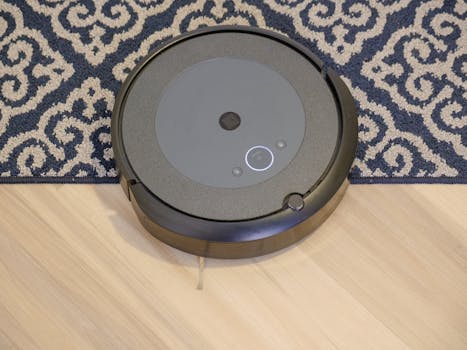
Smart Homes and Smart Living: The Technological Transformation of European Homes by 2025
Introduction to Smart Homes and Smart Living
Smart Homes and Smart Living are revolutionizing the way we live in European homes. With the integration of technology and internet-connected devices, homes are becoming more efficient, comfortable, and sustainable. The focus keyword, Smart Homes and Smart Living, is at the forefront of this transformation, enabling homeowners to control and monitor their living spaces remotely.
The Benefits of Smart Homes and Smart Living
The benefits of smart homes and smart living are numerous. Some of the most significant advantages include energy efficiency, enhanced security, and increased convenience. With smart thermostats and lighting systems, homeowners can optimize their energy consumption and reduce their carbon footprint. Smart security systems, on the other hand, provide an added layer of protection and peace of mind.
Technological Advancements in Smart Homes and Smart Living
Several technological advancements are driving the growth of smart homes and smart living. The Internet of Things (IoT), artificial intelligence (AI), and machine learning (ML) are some of the key technologies enabling the development of smart home devices and systems. These technologies allow for seamless integration and communication between devices, creating a more connected and automated living experience.
European Homes and the Adoption of Smart Homes and Smart Living
European homes are at the forefront of adopting smart homes and smart living technologies. Countries such as Germany, the UK, and France are leading the way in terms of smart home adoption, with many homeowners investing in smart devices and systems. The European Union’s emphasis on energy efficiency and sustainability is also driving the growth of smart homes and smart living in the region.
Challenges and Opportunities in Smart Homes and Smart Living
While smart homes and smart living offer numerous benefits, there are also challenges and opportunities to consider. One of the main challenges is the issue of data privacy and security, as smart home devices and systems collect and transmit vast amounts of personal data. However, this also presents an opportunity for companies to develop secure and reliable smart home solutions that protect homeowners’ data and privacy.
Conclusion
In conclusion, smart homes and smart living are transforming the way we live in European homes. With technological advancements and the adoption of smart home devices and systems, homeowners can enjoy a more efficient, comfortable, and sustainable living experience. As we look to the future, it is clear that smart homes and smart living will continue to play a major role in shaping the European housing market.






